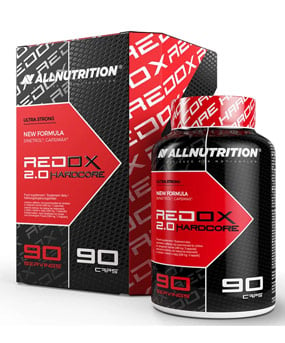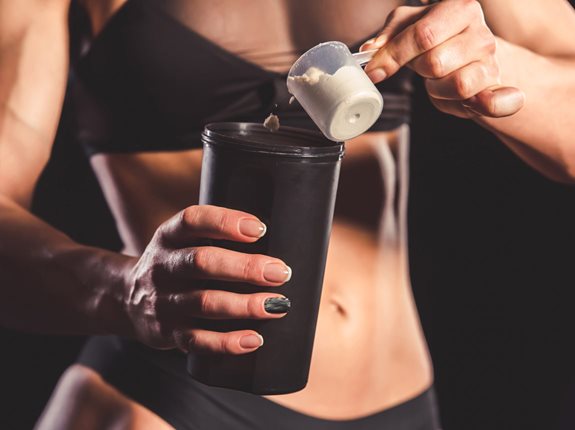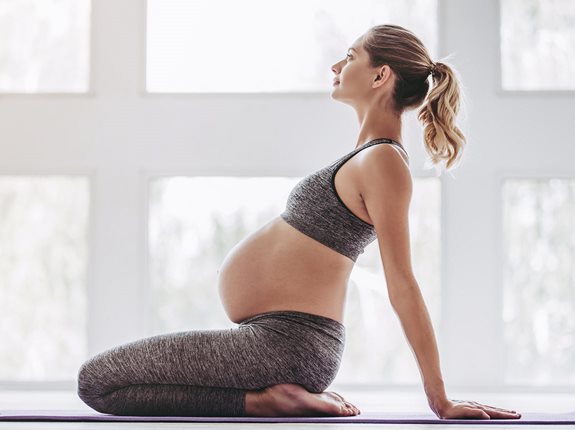PRZYSPIESZ SPALANIE TŁUSZCZU!
Nowa ulepszona formuła, zawierająca szereg specjalnie dobranych ekstraktów roślinnych, magnez oraz chrom oraz opatentowany związek CAPSIMAX®.
Sprawdź

Napis na grobie by mnie cieszył: Nie byle kto,bo byle czym się cieszył
- mafia tadkow niejadkow  -
-
"Wszystko jedno gdzie się żyje,
Raz się chudnie, raz się tyje..." 
28:06:42:12
That is when the world will end.
 choćby tylko statystycznie.
choćby tylko statystycznie."Wszystko jedno gdzie się żyje,
Raz się chudnie, raz się tyje..." 
dla ciekoawostki wrzoocam notke:
No Help Seen from Soy Isoflavones After Menopause
Reuters Health
Tuesday, July 6, 2004
NEW YORK (Reuters Health) - Soy supplements that contain isoflavones do not seem to help lower cholesterol, boost bone density and keep the mind sharp after menopause, new research suggests.
Isoflavones, compounds found in soybeans, chickpeas and other legumes, are similar to the female hormone estrogen. Because of this, researchers have been studying whether soy protein or supplements containing isoflavones might act as a sort of "natural" hormone replacement therapy, to counter the changes that often accompany the loss of estrogen in menopause.
However, the newest Journal of the American Medical Association report suggests that this is not the case, an author told Reuters Health.
"At this moment I would not recommend soy to a postmenopausal women," Dr. Sanne Kreijkamp-Kaspers of the University Medical Center in Utrecht noted. "But if she is already using it and feels that she benefits from it, there is no reason to discontinue its use."
Studies have shown that Asian women, whose traditional diet is rich in soy, have a relatively low rate of hip fracture, as well as breast cancer and heart disease. In addition, animal research has suggested that isoflavones might lessen bone loss related to waning estrogen levels.
Some studies of women, however, have found no evidence of bone benefits, and much of the research on isoflavones has involved only small groups of women followed for a relatively short time.
Kreijkamp-Kaspers and colleagues followed 202 healthy women between the ages of 60 and 75 for one year. Half of the women took 25.6 grams of soy protein in powder form every day, which contained almost 100 milligrams of isoflavones. The other half took a placebo, or inactive, supplement.
After one year, soy appeared no better than placebo in countering changes to bone mass, mental function or cholesterol, which often occur following menopause.
For Kreijkamp-Kaspers, the results were somewhat unexpected.
"I was surprised. I did expect to find a positive effect of soy, at least on some parts of the study," such as cholesterol, the researcher noted.
Kreijkamp-Kaspers explained that the soy powder may not have worked because the women featured in the study were very healthy, and the researchers may not have followed them for long enough to see the benefits soy can produce.
"Both bone density and cognitive function decline relatively slowly and a one-year intervention may not have been long enough to detect an effect," the researcher said.
In addition, Kreijkamp-Kaspers explained that the women had been postmenopausal for many years before they entered the study, and taking soy right after menopause may help.
"When we gave it 'the damage was already done,'" Kreijkamp-Kaspers noted. "It might be easier to prevent damage than to reverse damage."
SOURCE: Journal of the American Medical Association, July 7, 2004.
28:06:42:12
That is when the world will end.
 Wg mnie tez nie jestes w cale za chuda, wystarczy dodac jakies cwiczenia itd. ale diety z dodatnim bilansem bym nie wrzucal. Jak zaczeniesz cwiczyc to bedzie to spoko wygladalo
Wg mnie tez nie jestes w cale za chuda, wystarczy dodac jakies cwiczenia itd. ale diety z dodatnim bilansem bym nie wrzucal. Jak zaczeniesz cwiczyc to bedzie to spoko wygladalo!-=PEACE, LOVE & TOLERANCE=- !
 .
."Wszystko jedno gdzie się żyje,
Raz się chudnie, raz się tyje..." 
po"grubas" w dziale fitness
Satisfaction lies in the effort, not in the attainment


 Krzysztof Piekarz
Krzysztof Piekarz





